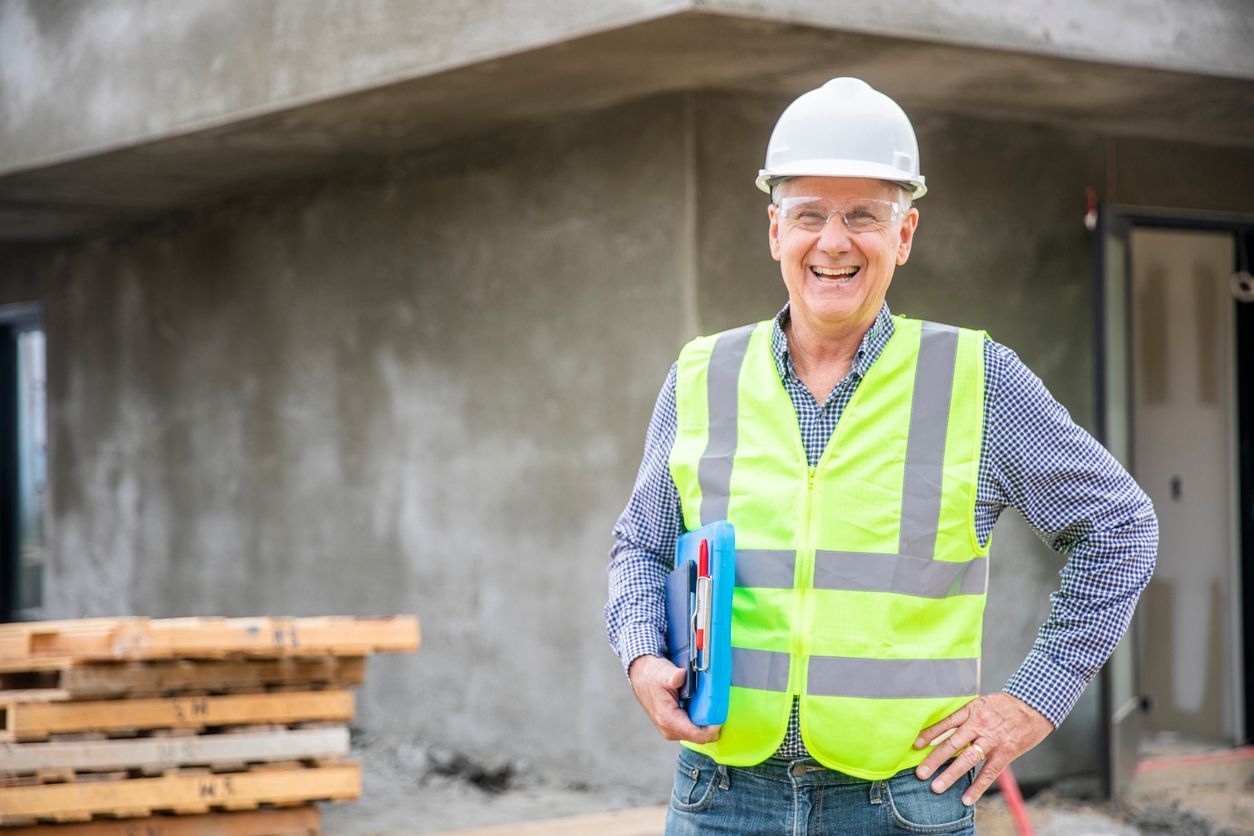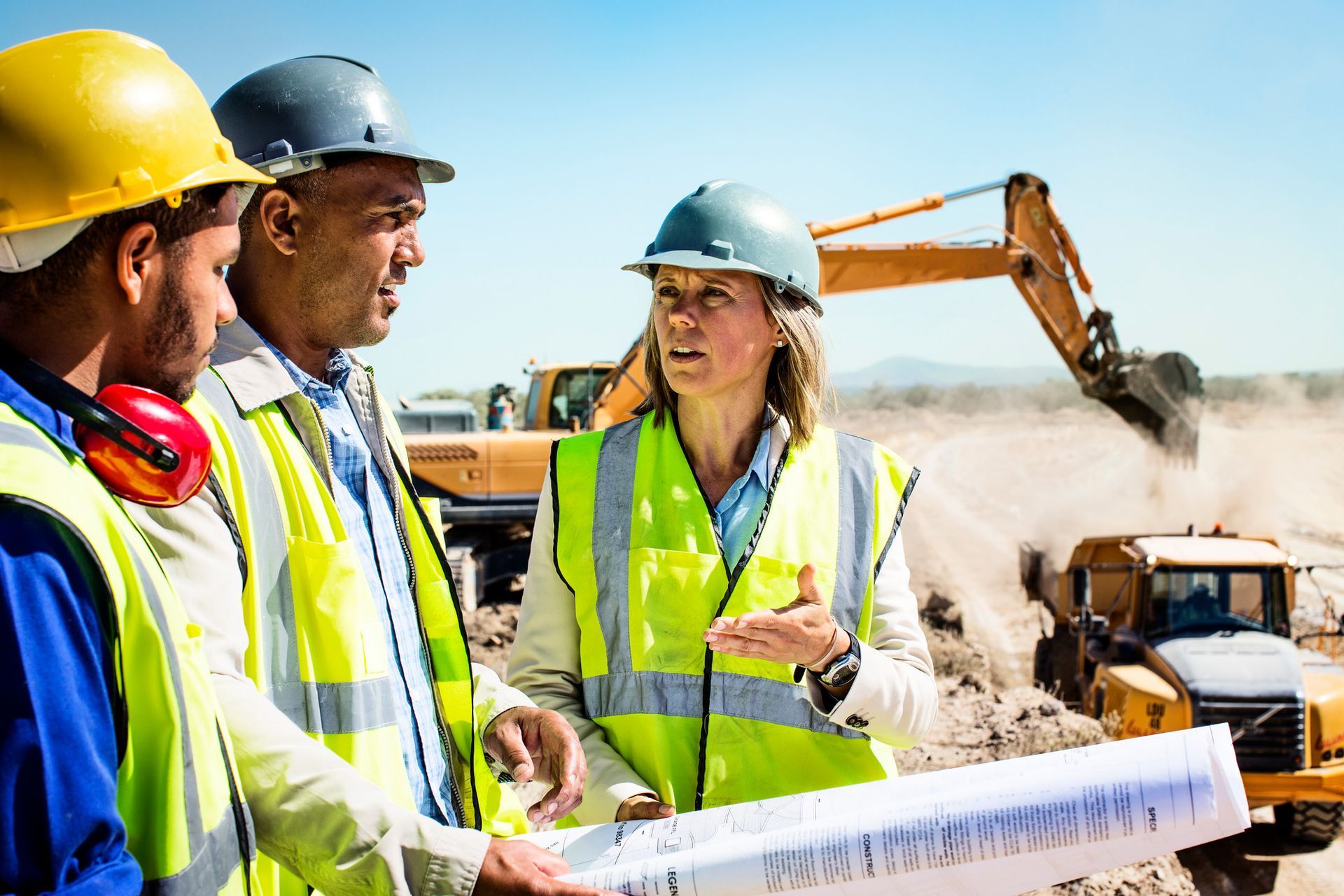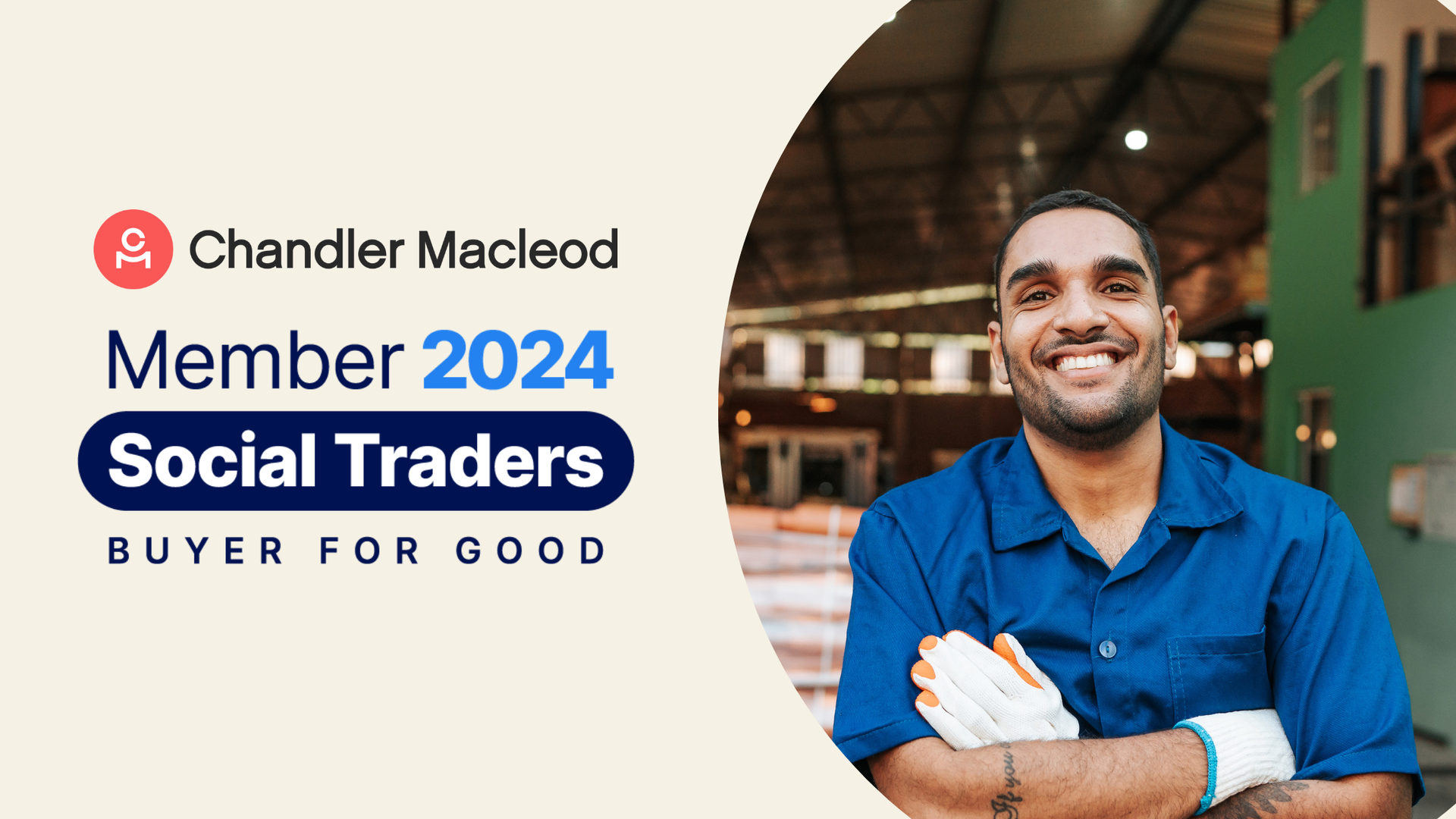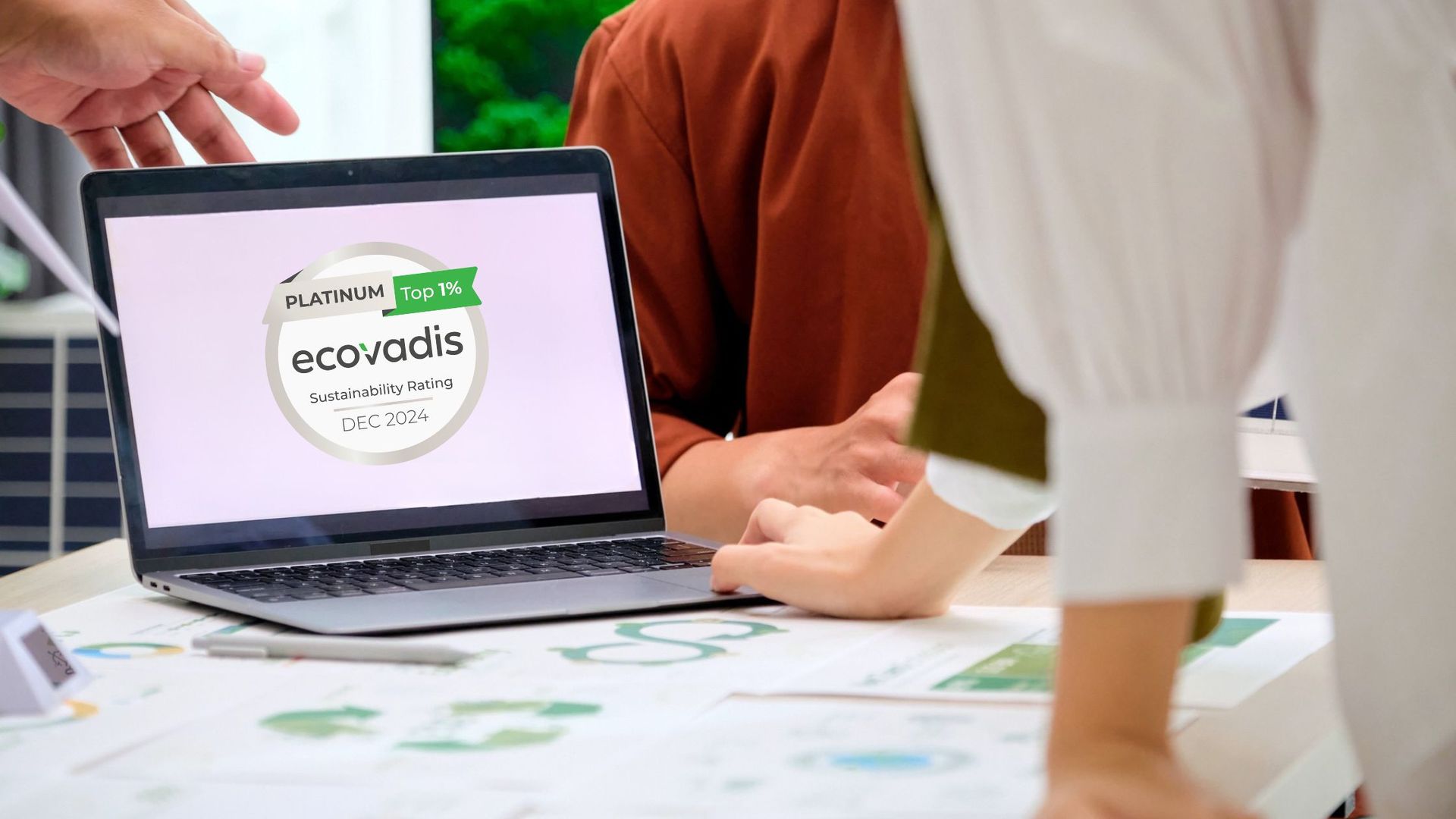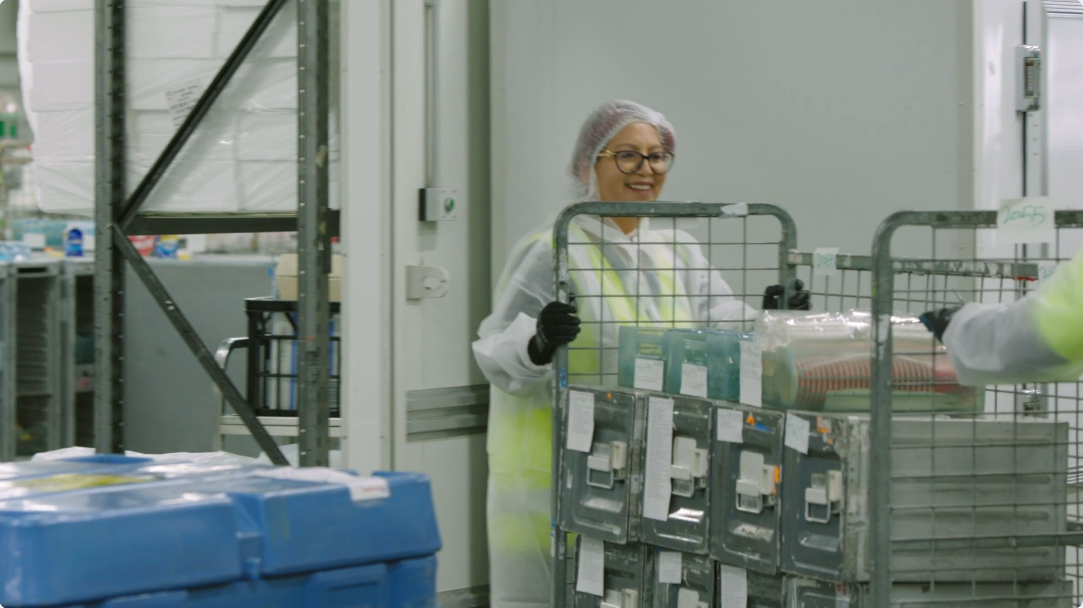Recently the World Health Organisation revised it’s classifications of disease and listed Burnout as an official occupational phenomenon. They define Burnout as “a syndrome conceptualised as resulting from chronic workplace stress that has not been successfully managed” – you can learn more about the neurochemicals contributing to stress and coping mechanisms in our recent article using resilience to build happier and healthier workplaces.
So, given this phenomenon is on the increase, how can we make changes in ourselves, and our workplaces to increase resilience and coping in our workforce? Below we investigate 4 areas which can make a positive contribution to workforce resilience.
Environmental changes
Creating environmental strategies can make customers feel certain positive emotions and encourage employees to be as productive as possible. For example, hotels, casinos and department stores all set up their environments in specific ways to create different “feels”. We can make significant changes by:
- Modifying work hours
- Working from home or other (non-office) environments
- Structuring times when you will accept emails and phone-calls
- Burning relaxing scents, playing positive music and having indoor plants or views to the outside world can help
Relationships
Having people to discuss issues with objectively and share experiences with is a key workplace resilience strategy. People who can be objective and are not experiencing the environment or context quite like you are, and able to provide constructive input. Talking with others is useful because it’s a thinking-oriented strategy; which engages the thinking brain and, dampens the effect of the emotional brain. This in turn helps us think more deeply and objectively. Changes can be created by:
- Engaging in support networks
- Connecting to a coach or mentor
- Establishing peer coaching/mentoring networks
- Learning how to manage conflict or difficult conversations
- Asking for and effectively responding to feedback
Physical wellbeing
When we pay attention to our physical health, it is so much easier for us to manage stress in our work (and personal) lives. The simplest of strategies will help, such as:
- Sleeping (approximately) 8 hours each night
- Eating (mostly) healthy food – “treats” are fine, but they should be exactly that (treats)
- Keeping caffeine and alcohol to a minimum
- Getting some physical activity – most days if possible. But importantly, do something which you love to stay active. If you hate running but love dancing, guess where you should be investing your energy? That’s right – it is finding a cool dance class, not joining a running club!
- Using a stand-up desk
- Practicing breathing exercises regularly
Workplaces can help by providing equipment which supports these practices (like a stand-up desk) or encouraging environments and practices which can contribute positively (such as walking meetings or a regular ‘walk’ break).
Thinking strategies
There some simple strategies which can help us keep our brain healthier. These include:
- Practicing maintaining perspective (remember that old line about not sweating the small stuff?)
- Setting yourself achievable goals
- Creating and maintaining boundaries
- Negotiating achievable workloads
- Setting time aside for reflection/gratitude journaling
- Practicing mindfulness or meditation (and not just once in a blue moon!) Mindfulness has become a bit of a “buzzword” but it really is proving to be a very effective strategy for improving psychological wellbeing and resilience. We can think about mindfulness as a thinking-based approach to developing our ability to self-manage and enhance our resilience.
Does it really help?
A really exciting thing that has emerged from recent neuroplasticity research shows us is that the more that we exercise our brain, by engaging in activities such as mindfulness practice, the more we change its physical structure, much like we change the physical structure of muscles that we exercise. The more we practice these strategies, the easier they become, and we are even seeing that strategies such as regular meditation help us maintain brain tissue that would otherwise deteriorate with age (it’s kind of like a regular moisturiser for your brain, keeping you young)
So, as you can see there are multiple strategies we can employ to improve both our own workplace resilience, and also the resilience of our entire workforces. Commit to making some changes in your own personal practices and encourage your teams to do the same.
If you’re not sure where to start in your organisation, why not team up with our people experts? The Chandler Macleod People Insights team bring together psychology and technology to give you great insights to unleash the potential of your teams.
